Bolanle Austen-Peters, founder of Terra Kulture, has said that in film making, marketing is the most crucial aspect of story telling.

Bolanle Austen -Peter
Austen -Peter who delivered her keynote speech at the 5th PAO Nigeria Digital Content Regulation Conference, titled: ‘From Volume to Value: The future of the Nigerian motion picture industry in the digital age’ that is fast becoming another AMAA, no thanks to the quality of audience it has been attracted since the executive director of the National Film and Censors Board (NFVCB), Dr. Shaibu Husseini, assumed office last year, shocked everyone present at the event held at the MUSON Centre on Tuesday and Wednesday when she said “As a filmmaker, one of the first things I learned is that creativity, passion and storytelling are not enough on their own. In fact, marketing is one of the most critical aspects of success. “
Yet, she continued ” Many creatives underestimate this, but the reality is simple: anyone can create good content — the challenge is getting people to see it.
Over the years, the world has witnessed an incredible transformation in technology, city planning, and infrastructure. As these areas advanced, so did the entertainment industry.
We have seen massive improvements in production quality, distribution, and in production quality, distribution, and the ability for stories to travel across borders. “
She also told the packed audience that was made up of time tested filmmakers including the chairman of the only copyright management organisation (CMO) for motion pictures, Audio Visiual Rights Society of Nigeria, AVRS, Mr. Mahmood Ali-Balogun, “This industry demands quick decisions, fast thinking, and sometimes… survival.
Hollywood and Bollywood have created systems that support filmmakers, but Nollywood is still developing its own structure.
According to her, many “Many of us have seen projects fail, not because they weren’t good, but because the right systems weren’t in place. And yet, despite these challenges, Nollywood continues to thrive”.
But in spite of some of the shortcoming she said, ” But here is the good news — Nollywood is evolving faster than ever.
We are building better systems. We are seeing cross-border collaborations. We are learning from global industries while still preserving our unique African voice. Our stories are being watched in more homes across the world. Our films are charting on global streaming platforms. Our actors are being recognized internationally. And our filmmakers are finally getting the respect they deserve.
Bellow is the full text of her speech titled. “Good morning everyone.
It is an honour to be here today.
I am humbled to be in the presence of great minds and trailblazers in this industry.
As a filmmaker, one of the first things I learned is that creativity, passion and storytelling are not enough on their own. In fact, marketing is one of the most critical aspects of success. Many creatives underestimate this, but the reality is simple: anyone can create good content — the challenge is getting people to see it.
Over the years, the world has witnessed an incredible transformation in technology, city planning, and infrastructure. As these areas advanced, so did the entertainment industry.
We have seen massive improvements in production quality, distribution, and the ability for stories to travel across borders.
Today, Nollywood stands proudly as the third-largest producer of films in the world, with an audience so diverse and global that our movies now appear in spaces we could only dream of years ago.
We have pioneers and veterans who have shaped the industry and helped us build a global footprint. And now, a new generation of filmmakers is emerging—bold, creative and ambitious.
But with these achievements come new challenges.
THE MIDDLE: THE REALITY OF THE JOURNEY
M
This industry demands quick decisions, fast thinking, and sometimes… survival.
Hollywood and Bollywood have created systems that support filmmakers, but Nollywood is still developing its own structure.
Many filmmakers must:
1. Work with very tight budgets
2. Carry multiple roles at once
3. Shoot films in extremely short timelines — sometimes 9 to 13 days
4. Handle distribution struggles
5. Face unpredictable audience responses
Many of us have seen projects fail, not because they weren’t good, but because the right systems weren’t in place.
And yet, despite these challenges, Nollywood continues to thrive.
Why?
Because we are resilient.
Because we are passionate.
And because we understand that storytelling is powerful, it shapes identity, heals communities, documents culture and connects us to the global village.
THE HEART OF THE MATTER
The audience plays a huge role in everything we do.
Sometimes staying relevant is harder than being talented.
Your audience wants quality.
They want authenticity.
They want stories that reflect who they are, and stories that take them into worlds they’ve never imagined.
The paradox of filmmaking is simple:
We must deliver excellence, but excellence requires money, time and resources.
We must innovate, but innovation requires knowledge and experience.
And sometimes, the lack of support or information can break even the most talented creatives.
WHERE ARE WE HEADING?
But here is the good news — Nollywood is evolving faster than ever.
We are building better systems.
We are seeing cross-border collaborations.
We are learning from global industries while still preserving our unique African voice.
Our stories are being watched in more homes across the world.
Our films are charting on global streaming platforms.
Our actors are being recognized internationally.
And our filmmakers are finally getting the respect they deserve.
Over the years, we have seen blockbuster successes both domestically and internationally.
These successes prove something important:
When Nollywood is given the right resources, structure and support, we can compete with anyone in the world.
In essence, Nollywood has brought visibility, value and identity to the African entertainment space.
We have given opportunities to those who never thought they would belong.
We have created careers from scratch, empowered communities, and given the world a taste of our culture.
But we are only just beginning.
If we continue building, learning and collaborating…
If we continue supporting our filmmakers…
If we continue improving our structures…
Nollywood will not just be a major player — it will be a global powerhouse.
Today, I want us to confront a simple truth: Nollywood is standing at a turning point. We are no longer just entertaining ourselves — we are shaping how the world sees us. And if we rise to this moment, Nollywood can become a global force that unlocks far more than box office numbers.
- What Nollywood Can Become
If we build with intention, our industry can become:
• A home for international awards
• A magnet for investment and foreign capital
• A sector that creates thousands of jobs
• A driver of film tourism and global cultural exchange
• A respected source of cultural capital, not stereotypes
• A place with stronger training systems, better skills, better pay, and better working conditions
• An industry where our stars crossover into global markets with ease
This is possible. But it requires something many of us avoid: sacrifice and standards.
- The Price of Real Growth
Every great industry is built on trade-offs.
Real excellence demands that we slow down, refine, and resist the urge to rush output just to meet deadlines.
In my own work, I’ve learned that telling Nigerian stories with contemporary precision isn’t about chasing perfection — it’s about ensuring that every detail serves a greater purpose.
Sometimes that means rewriting dialogue until it’s right.
Sometimes it means saying “no” to projects that demand speed over integrity.
Because a commitment to standards is a commitment to craft.
And craft is a commitment to our audience.
- The Balance We Must Hold
If we balance quality, discipline, and true collaboration, Nollywood will not only grow — we will be understood, respected, and studied for the quality of our films.
But this demands that we stop judging success only by quantity.
Volume has its place — but volume must not become our identity.
- A Call to the Present Generation
We live in a global village. Our films travel faster than we do.
So let us transition:
• From being seen as a “factory of films”
• To becoming creators of cinematic gold
Let’s build:
• A billion-dollar industry
• A body of work that preserves our history
• A future where cultural influence and financial impact go hand in hand
And as you work on your own projects — regardless of their size — ask yourself:
“What enduring value am I leaving behind?”
- Lessons From Our Legacy
Our industry has relied heavily on volume for survival. But now we must evolve.
If the stories we are telling today will be watched decades from now, then every element — acting, script, production design, cinematography — must matter.
We must be adaptable. We must choose detail over speed.
- Quality is Not Always About Big Budgets
Quality is not measured only by money.
Some of the world’s most celebrated films were shot with modest budgets — but with discipline, thoughtfulness, and intentional craft.
Quality is attention to detail.
Quality is creating credible, contemporary, and thoughtful stories on screen. - What True Value Really Means
Let me end with this:
We must recognise that storytelling is powerful. It shapes nations. It shapes narratives. It defines how the world respects us — and how we respect ourselves.
Value is not measured only by box hits.
Value is also measured by the legacy future generations will see when they look back at Nollywood.
The making of some of our greatest films is already proof: every detail leaves a mark.
Value is also cultural. Our films are ambassadors — carrying images of who we are and preserving our history.
Every detail matters.
Every frame is a manifesto of who we are becoming.
- The Model We Should Aspire To
Imagine a model where even one Nigerian film per year is crafted at global competition standard — a film designed for long-term cultural and financial impact.
That is the Nollywood we should be building.
CONCLUSION
We stand at a crossroads.
Volume should not die — but standards must rise with it.
Collaboration must deepen.
And our commitment must shift from “finishing films” to creating legacy.
Because the question that truly matters is:
What lasting value are we leaving behind?
Thank you.



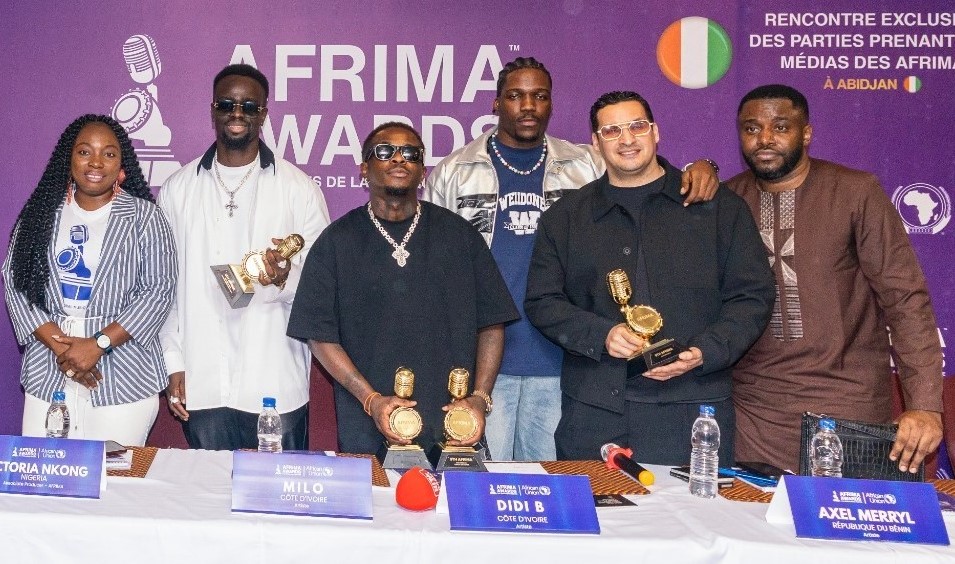
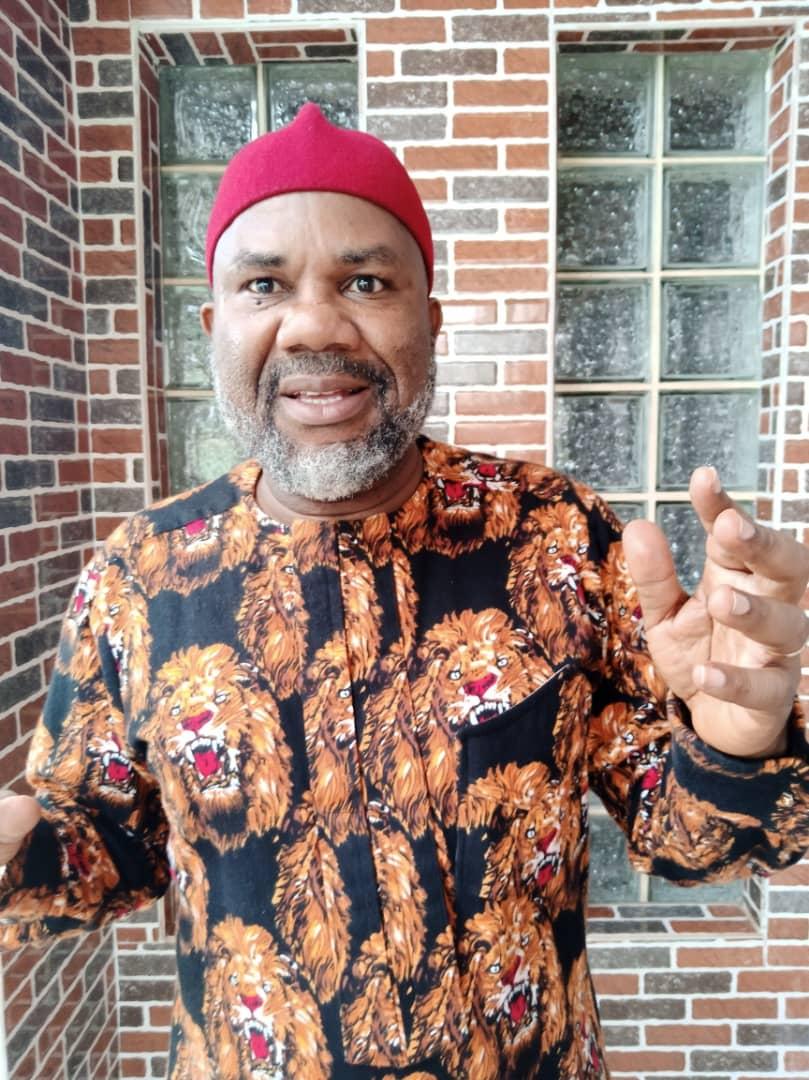





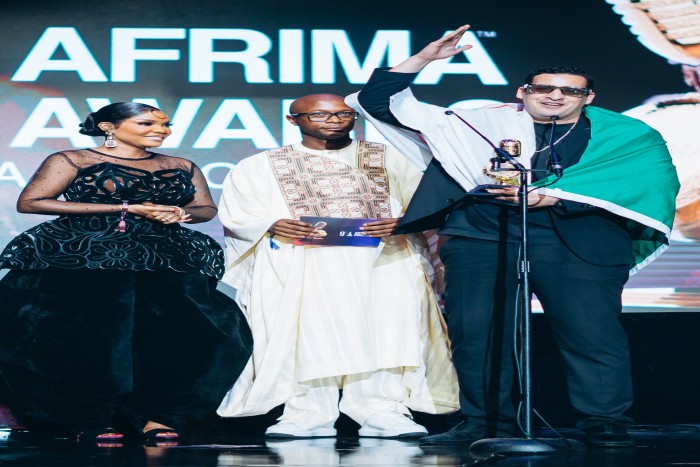


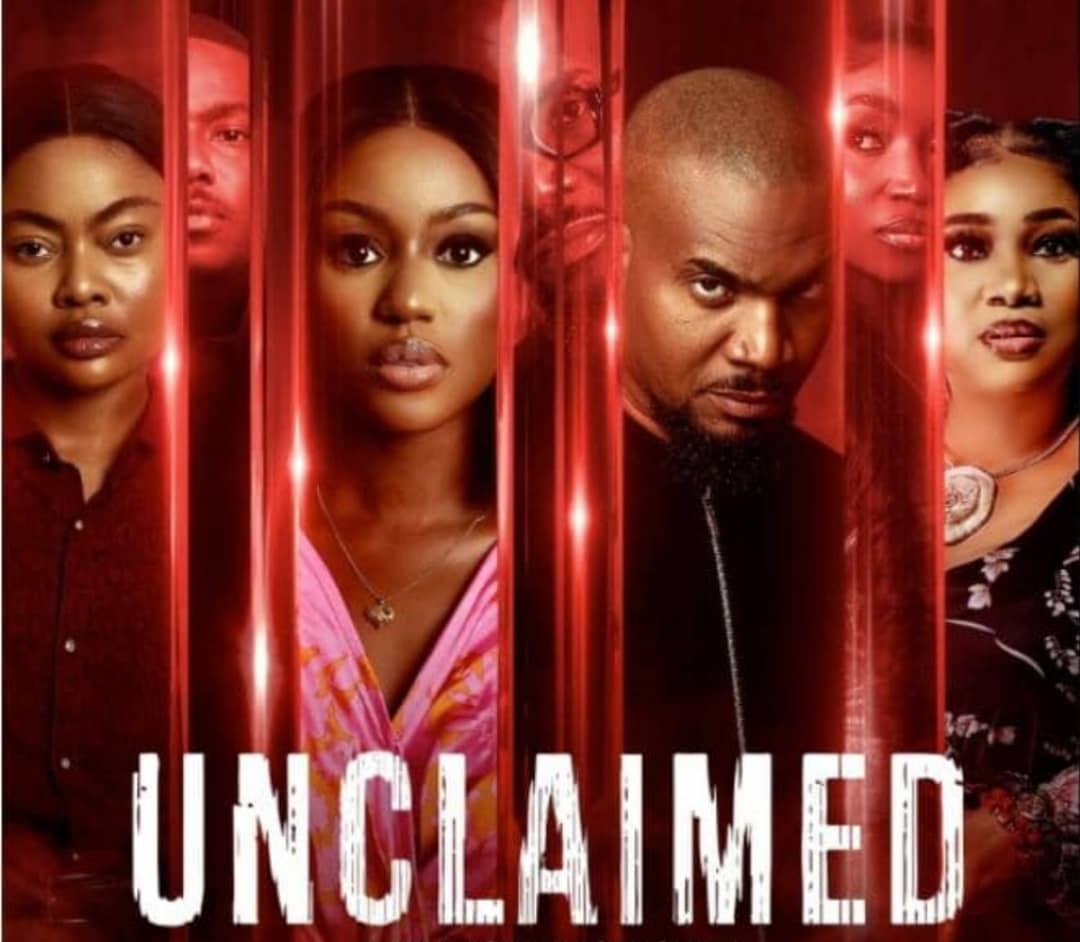


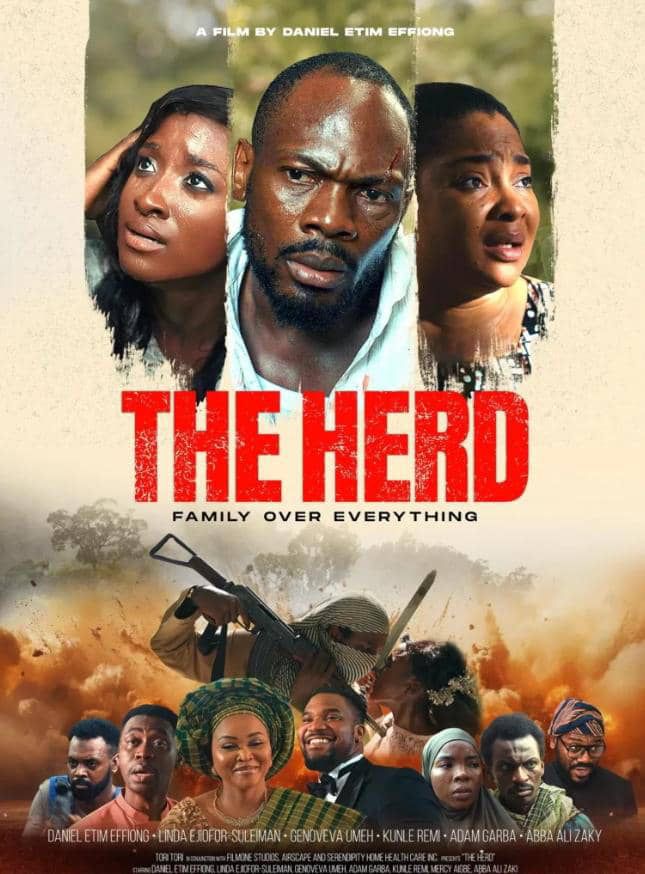

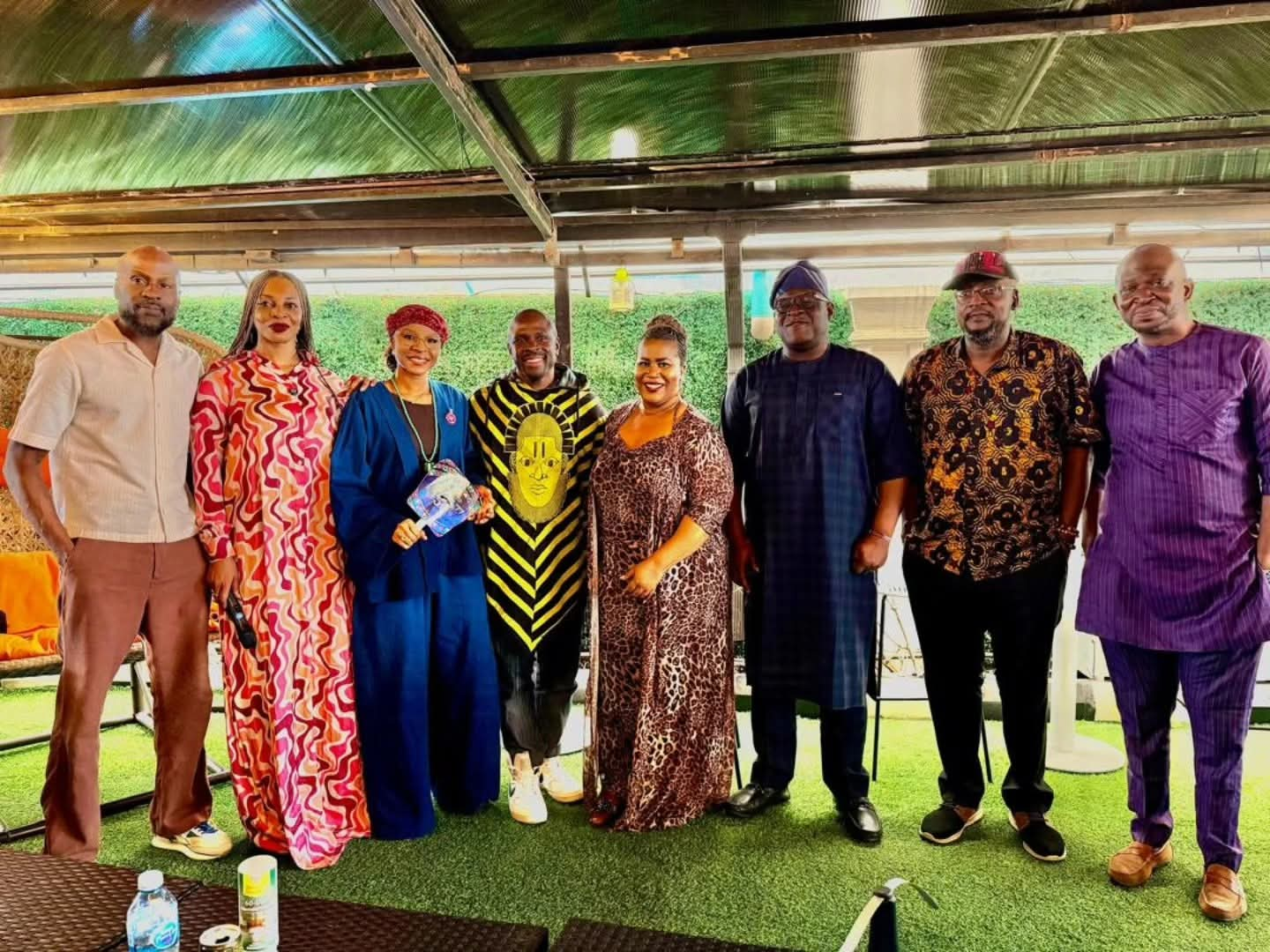



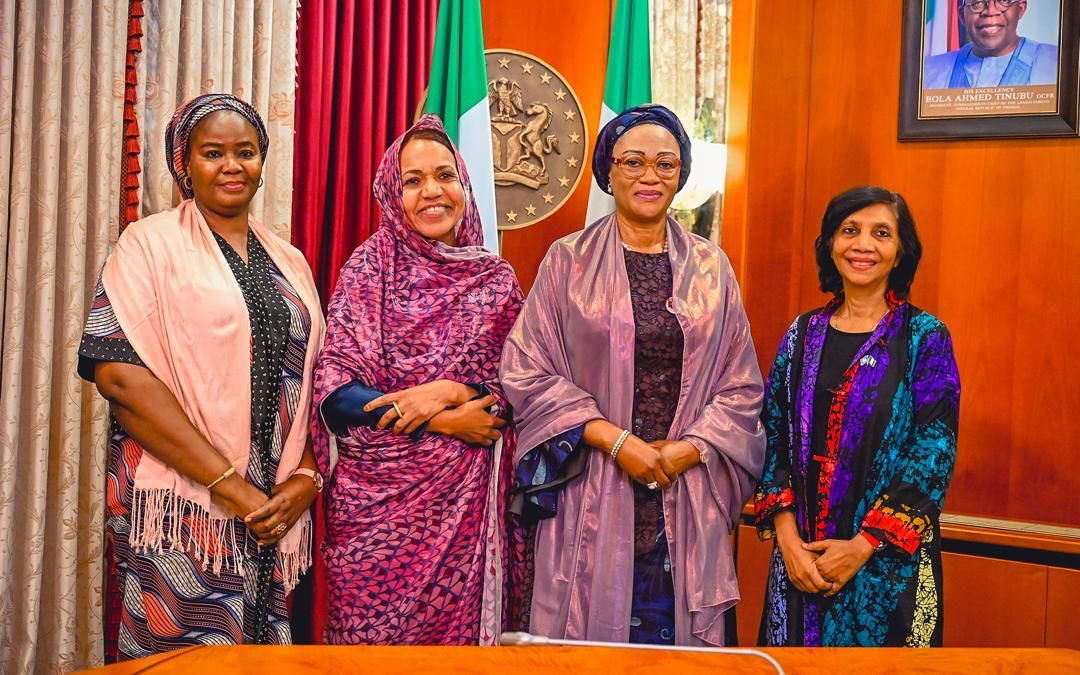

Leave a Reply